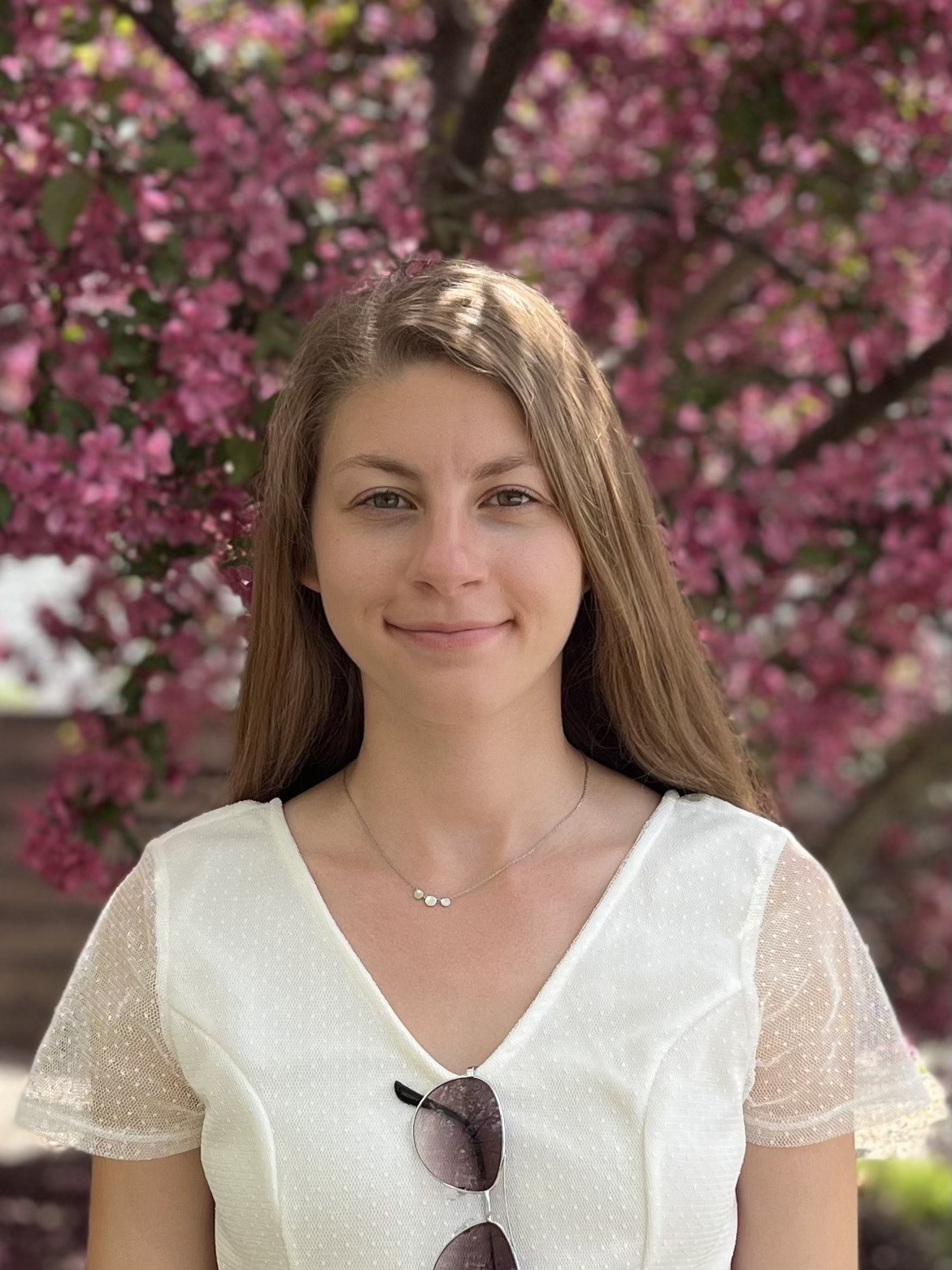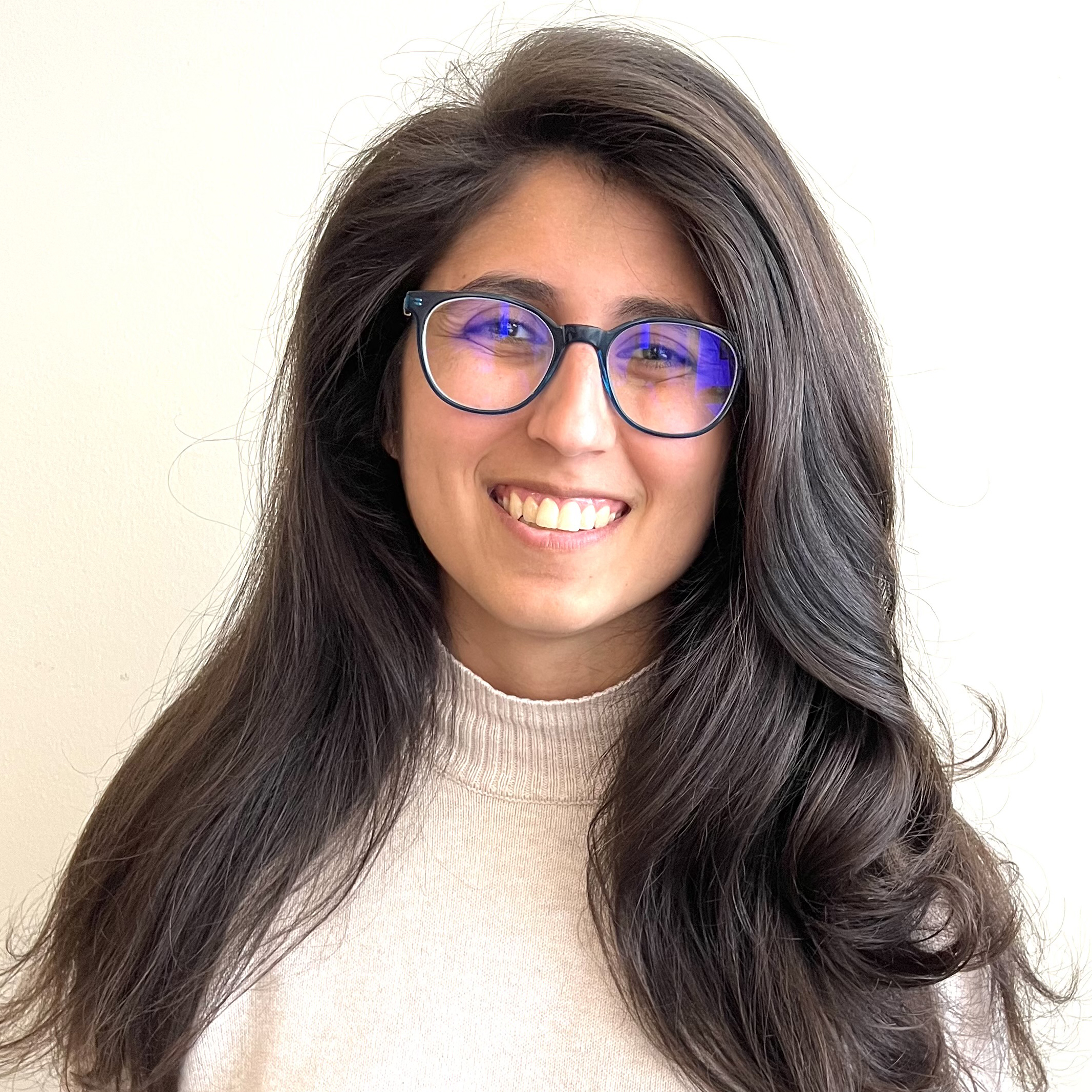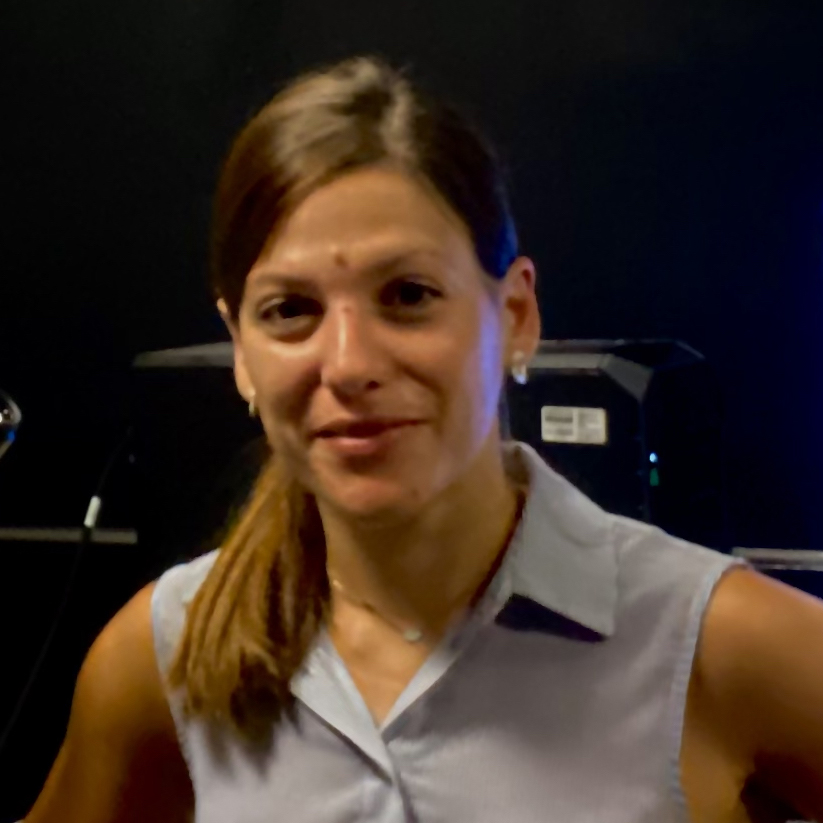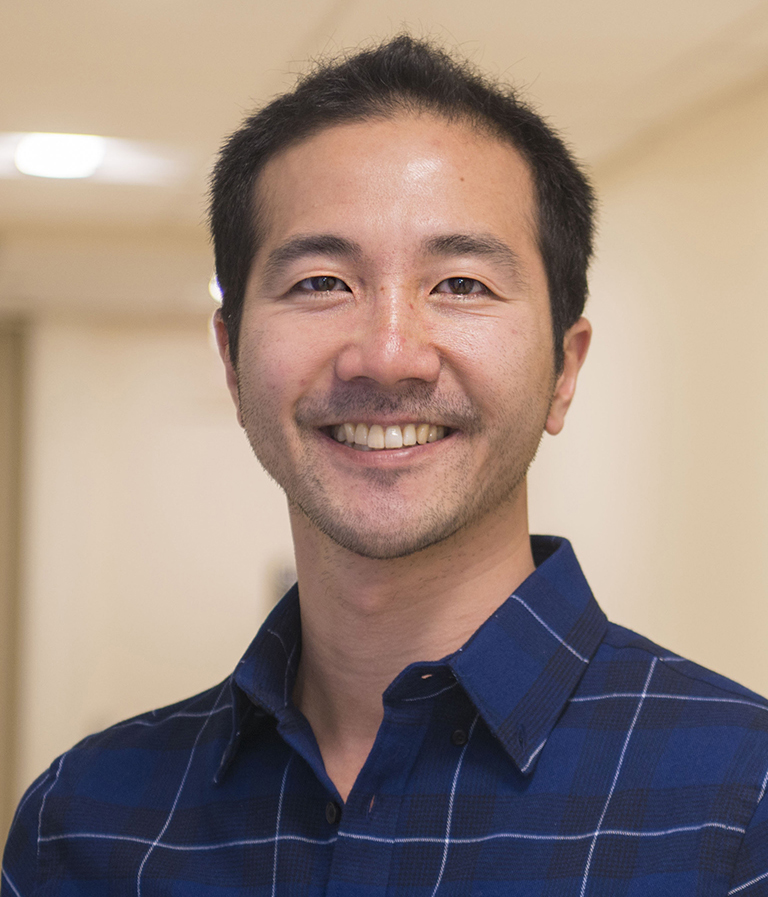- Home
- Labs
- Amamoto lab
- Lab Members
Dr. Amamoto received his B.S. from the University of Illinois, Urbana-Champaign and subsequently spent one year at EPFL in Switzerland as a Fulbright Fellow. In 2017, he obtained his Ph.D. from the Biological and Biomedical Program at Harvard University. His thesis work with Dr. Paola Arlotta investigated the extent of brain regeneration in the salamander, axolotl. He then completed his postdoctoral fellowship with Dr. Connie Cepko in the Department of Genetics at Harvard Medical School. During this training period, he discovered a novel role for Retinoic Acid signaling in promoting cone survival in mouse models of Retinitis Pigmentosa. Concurrently, he developed two new methods (Probe-Seq and FIN-Seq) that facilitate cell type-specific transcriptional profiling from organs and organisms of choice.

Lab Technician
I grew up in Rhode Island and became interested in Biology, particularly Neuroscience, during high school. I pursued a BS in Neuroscience and a BA in Psychology at the University of Rochester, while gaining research experience in neuroimaging and haptics. After graduating, I worked as a Lab Technician in the Telias Lab at the UR Medical Center, where my interest in researching retinal degeneration began. I am excited to be back in New England and to continue learning about retinal degeneration and regeneration here in the Amamoto Lab!
SFarid@meei.harvard.edu
PhD (Postdoctoral Fellow)
Born and raised in Saint Louis, Missouri, my fascination with science was sparked at an early age. It was during my undergraduate years at Saint Louis University that I solidified my passion for scientific exploration, graduating with a BS degree in Biomedical Engineering and conducting research in neuronal and cancer metabolism at Washington University School of Medicine. I then pursued a PhD in Pharmacology and Physiology at Saint Louis University School of Medicine under the mentorship of Dr. Colin Flaveny studying the role of a nuclear receptor in glioblastoma multiforme and retinal development. Driven by my passion for gene therapy and the potential it holds for treating ophthalmic diseases, I joined Biogen as a Scientist on the Ophthalmology Performance Team within the Gene Therapy Accelerator Unit. In this role, I independently conducted experiments to assess the performance of AAV gene therapy for retinal diseases. Looking ahead, I am excited to continue pursuing my interests in advancing the field of retinal disease therapies.
SMajidi@meei.harvard.edu
Ph.D. (Postdoctoral Fellow)
My scientific journey started in Greece with a BSc in Biosciences. I received a prestigious scholarship to complete my MSc in the Neurochemistry lab of Prof Dimitra Mangoura, in National Kapodestrian University of Athens, working on the molecular signaling of microglia in response to cannabinoids. My interest in neuroscience led me to London, UK where under the mentorship of Prof Rachael Pearson, I received my PhD degree in Neuroscience from University College London funded by Fight for Sight scholarship. My work revolved around cell therapy for retina degeneration and specifically on identifying the molecular mechanisms of cellular interactions between host and donor photoreceptors during photoreceptor transplantations. I then moved to Kings College London for my postdoctoral training where I expanded my knowledge to gene therapy and ways of improving retinal connectivity in retina degeneration under the mentorship of Prof Robin Ali and Prof Rachael Pearson. There, I focused on the impact of genetic manipulation of the extracellular matrix on retinal degeneration.
AKalagyrou@meei.harvard.edu
